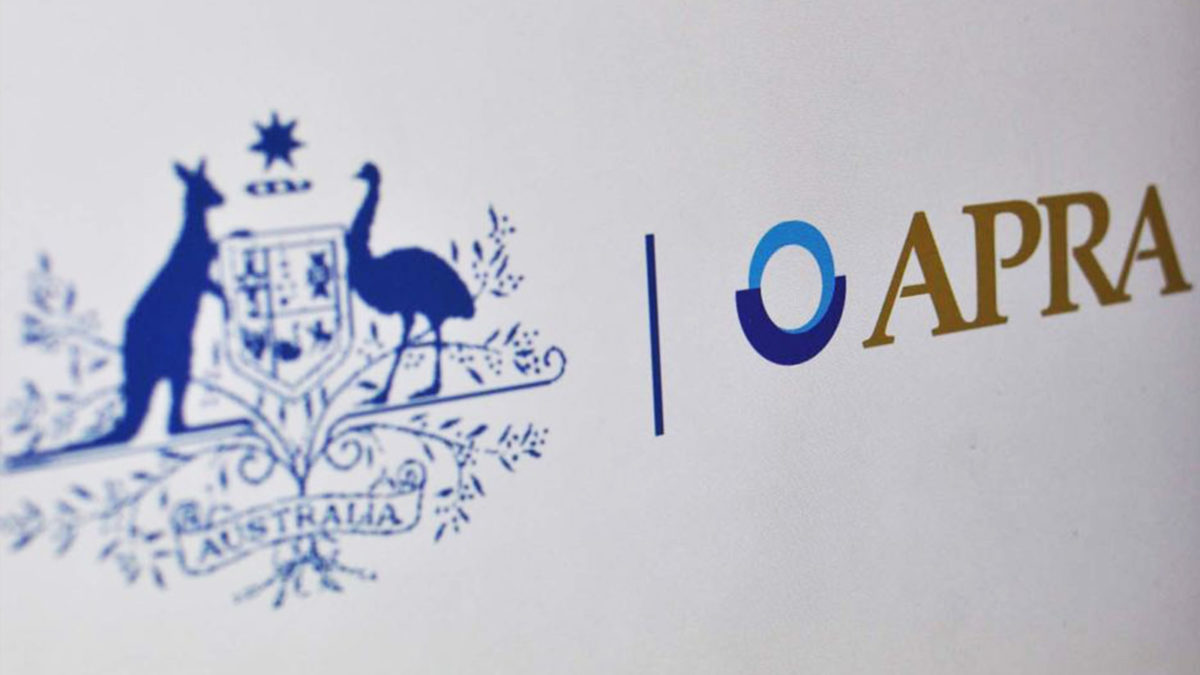APRA grows concerned on consolidation, flags new standards
The wave of consolidation racing through the superannuation industry is now raising eyebrows at the prudential regulator. With the massive amounts of FUM being devoured, some funds are suffering indigestion.
“This may manifest at the industry level at the point of transfer in a SFT, for example where an administrator has a backlog of transfers to process,” APRA executive director Suzanne Smith told a Trans-Tasman Business Circle event on Thursday (June 23).
“Alternatively, it may be within an entity itself where the transaction results in a merger of businesses requiring integration of people, systems and processes to deliver the real advantages to members – the complexity of which should not be underestimated. This is more pronounced in scenarios where multiple transactions have been undertaken in quick succession.”
Leaving aside the drivers of that consolidation – the Your Future Your Super performance test, enforced by APRA, APRA research that finds fee reductions flow from scale, and the exhortations of several of its executives to greater size – APRA chairman Wayne Byres said that the regulator doesn’t “blindly adopt a ‘big is good, small is bad’ approach”; that its heatmaps show that there are big funds that must do better, and that there are small funds performing well for members.
“But overall, it’s difficult to get away from the fact that size, translating into economies of scale, helps deliver better member outcomes, and trustees that can’t compete on that basis need to think very hard about how (and whether) they can deliver in their members’ best financial interests, now and into the future,” Byres said.
Admittedly, many funds are entering into stormier weather. The cheap money era that drove returns is either ending or has ended, and the focus on “value for money” will now increase. It will be interesting to examine the legacy of the performance test this year; many funds that failed had more conservative allocations that may have served them well, despite the punishing sell-off in traditional safe haven assets.
“Much in superannuation is, unfortunately, still debated through a particular competitive lens: industry versus retail funds; large versus small funds,” Byres said. “We are indifferent to those distinctions. Our sole focus will continue to be on whether funds, regardless of their status, are delivering for their members.
“The period ahead will test which trustees are best equipped to manage members’ money into the future. Inevitably, it will be trustees with robust business practices, operating within a clearly defined strategy that puts their members’ interests first, that will be best placed to navigate their way through some tricky times. Those that are unable to do so shouldn’t expect APRA to throw them a life buoy.”
Smith and Byres also flagged the introduction of a “refreshed” investment governance prudential standard as many funds continue to in-source investment management.
“The refresh follows a review of unlisted asset valuation practices and transactions in the wake of COVID-inspired market volatility, which identified several areas for improvement, including how funds manage their liquidity and conduct stress testing of their investment strategy,” Smith said. “These three areas are clearly relevant to boards and board investment committees, and it is here that the standard is being strengthened.”











